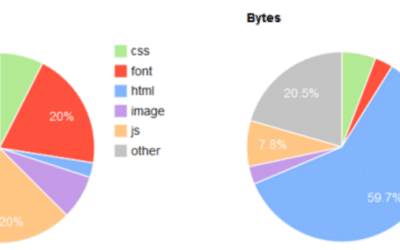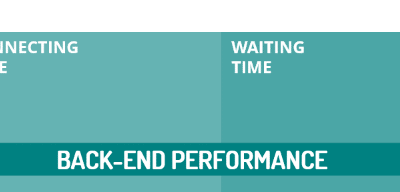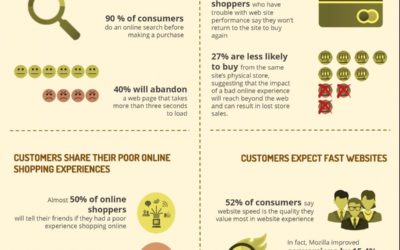If you’re thinking of joining an affiliate program and wondering what to expect, then you’re in the right place. Affiliate programs are launched by companies who want to market their products by referral. As an affiliate, you earn rewards when you refer their product and this referral results in an action that the company wants such as traffic, clicks, sign ups or a sale.
As an affiliate, you can expect to be given a means to share the company’s offer such as affiliate links, banners or ads. It can even be an email you send to your contact list or a post on your social media account. You should also be able to track your referrals and sales easily through a system provided by the company who launched the program. Automated tracking is especially important when it’s time to collect your incentives.
What should I look (out) for in an Affiliate Program?
By now, you may have some affiliate programs in mind. When evaluating an affiliate program, the rewards or commissions often get your attention first. And why not? One of your goals is to generate revenue. Certainly, the rewards scheme contributes to the potential of the program.
While the incentives may appeal to you, it is also important to review the actual offer. Is the company legitimate and the service reputable? Is the offer something that your clients, readers or friends may find interesting and valuable?
Affiliate programs do not require a fee. You shouldn’t have to buy their product for the opportunity to market it. While it’s a definite advantage to have experience with what you are endorsing, asking you for $50 so you can offer their product to your network sounds more like a pyramid scheme than affiliation.
Getting Paid as an Affiliate
Some affiliate programs require a minimum of accumulated sales or rewards before paying out commissions. This makes sense in some cases, particularly when the potential earnings can be less than what it would cost to send the payment to you. Just be mindful that their minimum requirement does not carry a volume that will prevent you from getting what’s due.
Speaking of payouts, you may also want to find out their payment schedule and channels. Schedules usually range from weekly to monthly. Payment channels can be direct deposits, online or by check. Whatever the company uses, it simply makes sense to check on these points to be sure their system is compatible with your own.
I’m ready to become an affiliate. What’s next?
Once you have chosen a program, becoming an affiliate is relatively easy. Typically, you will be asked to fill out an online application. The company will require some personal information such as your name, contact information and details relevant to the payment method. They may also ask for information about your website or blog. And, they will have you agree to a service agreement.
As an official affiliate, you will have access to the company’s affiliate links and similar marketing resources. You may receive notices for new products, promotions and a regular affiliate newsletter.
After you have these set up, all you need to do is to keep on sharing your affiliate links and ads. If the company has automated tracking, then you may want to check on your referrals and earnings from time to time.
The Affiliate Lifestyle
If you share your affiliate link on a website or blog, you can change your ad positioning from week to week or even use an entirely new ad design on different days. Sharing on social media or your groups may be more effective on some days or times of the day as well.
Finally, remember that you can join more than one affiliate program. While your customers and readers (and even good friends) can soon get tired of receiving too many promotions, a few good ones with an interesting variety will be appreciated.




